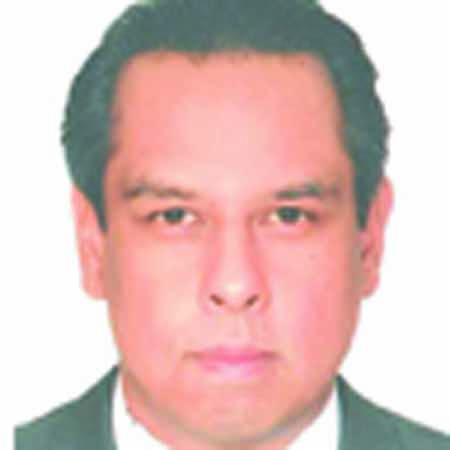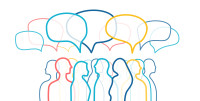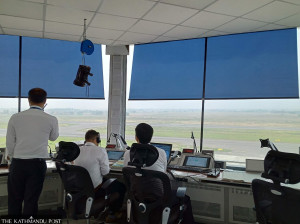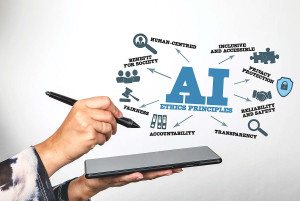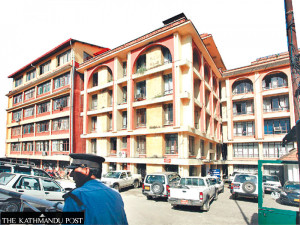Opinion
Politicians and algorithms
Robots will make great politicians since they can make better data-driven decisions.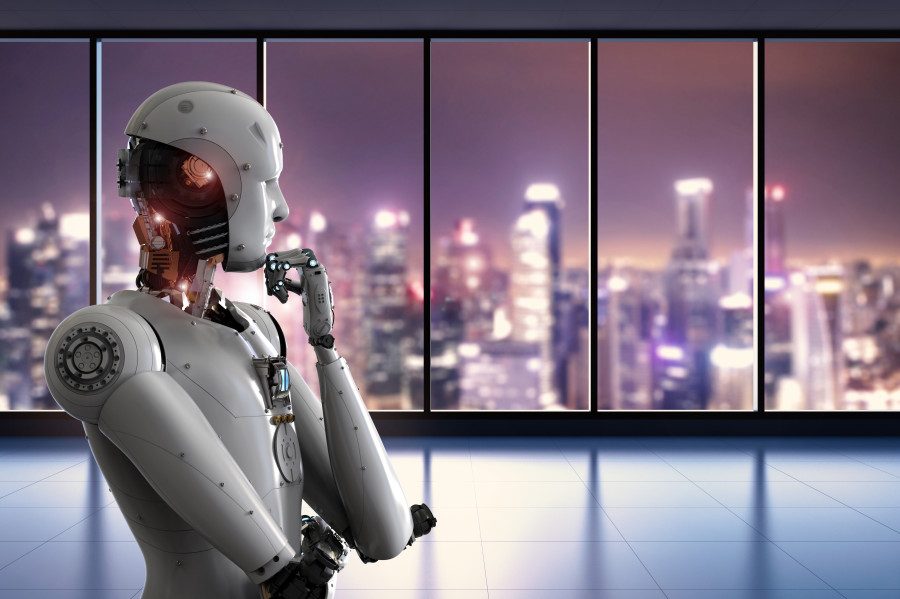
Bimal Pratap Shah
The main opposition, the Nepali Congress, suffered a heavy loss in the last national election mainly because it was slow to adapt to globalisation, the digital landscape, and the changing aspirations of the 21st century Nepali people. Its cadres are extremely worried that the party is headed for another loss in the next election, and have been pushing the party leadership to unite and leap into action to find a better way forward. Indeed, the political party must re-invent itself for the Fourth Industrial Revolution, forge a new pathway towards success in the next general election or else remain in the opposition till 2027.
After the leftist alliance secured two-thirds of the seats in the national Parliament, people were really hopeful that the country would finally move towards prosperity, but it looks as though the current government is caught in a corruption scandal, and is slowly turning into semi-privatised authoritarian more extreme than the Panchayat regime. Therefore, it is time for the Nepali Congress to put its act together and win the next election at any cost to save the country from becoming an Orwellian dystopia—a country or society living in oppression, usually ruled by a totalitarian regime.
Stalwart of democracy
The Nepali Congress is considered to be a stalwart of democracy in Nepal. Staying true to its roots, it has to start by recalibrating itself from the 21st century digital democracy. The party has to understand the power and importance of the internet for politics and government. Digital technologies mediate and shape political institutions, activities, and relationships these days. The transformation of political life through internet-based mediation is already enhancing political participation as well as driving policy innovation. The election campaign is not only to be fought on the doorsteps and the traditional media, but on the internet as well. Simply put, it is important to understand the changing viability of market-liberal and cosmopolitan models of democracy.
A new political discourse on replacing politicians with artificial intelligence-based robots is already underway in many advanced countries, as politicians have not been able to govern nation-states in a way that benefits the people and the planet. As a result, people are now betting on artificial intelligence-based robot politicians, as they will be less irrational and erratic by design than their inherently flawed human counterparts.
The idea of robot-politicians is not digital utopianism. Nick Gerritsen, a New Zealand-based entrepreneur, has developed the world’s first artificial intelligence politician called SAM because he feels there is a lot of bias in the ‘analogue’ practice of politics right now. SAM can answer queries regarding local issues such as policies around housing, education and immigration. It is constantly learning to respond to people through Facebook Messenger. Gerritsen believes it will be advanced enough to run as a prime ministerial candidate in the next general election. Unfortunately, New Zealand still does not have legislation that allows artificial intelligence to contest elections.
Japan, on the other hand, already has made legal provisions to allow robots to contest elections. Last year, Matsuda, a robot promising to be ‘fair and balanced’ to all its constituents picked up thousands of votes in a mayoral election in the Tama city area of Tokyo. Matsuda’s campaign slogan read: ‘Artificial intelligence will change Tama City.’ The robot garnered 4,000 votes in the last race.
Scientists are now working towards programming robots with an agreed set of ethical standards that allow them to make judgments based on agreed morals suited to the 21st Century. Surveys show that citizens will happily vote for robot politicians over corrupt and incompetent ones. According to a recent poll conducted by Canadian-based software firm OpenText, 26 percent of those surveyed in the UK chose artificial intelligence technology over human politicians when asked who or what would make better government decisions. A more interesting finding is that 66 percent of the respondents predicted that robots would actually be working in government jobs by 2037. One in four Europeans said they would rather automate the political process and put artificial intelligence in charge. In Germany, one in three people felt the same way.
Great politicians
There are two main reasons why robots will make great politicians. First, robots will be able to understand laws that will be compiled in software codes and enforced by digital systems. The normal laws and rules would be also codified, modified and executed flawlessly by an algorithm. For instance, self-driving cars will be programmed in such a way that they will never exceed the speed limit. In smart cities with their intelligent road system and autonomous vehicles, traffic lights and human traffic police officers will be things of the past. Second, robots can make better data-driven decisions that will benefit the public because human bias has always been a problem during data collection and analysis. Technology will monitor human activities 24/7, analyse vast amounts of data, and accordingly recommend policies, plans and programmes for the central as well as provincial governments.
The idea of robot politicians is gaining momentum because democracy is in crisis all over the world as increasing numbers of governments are becoming authoritarian. Even though it looks as though the time is favouring a dictatorship, democracy will reign triumphant. Therefore, the mainstream political parties have to re-calibrate themselves for the Fourth Industrial Revolution and embrace artificial intelligence-based robots as party cadres for the year 2030. If they choose not to go that way, they will likely not be around by then.
Shah was a consultant at the Office of the Prime Minister and Council of Ministers




 20.48°C Kathmandu
20.48°C Kathmandu

